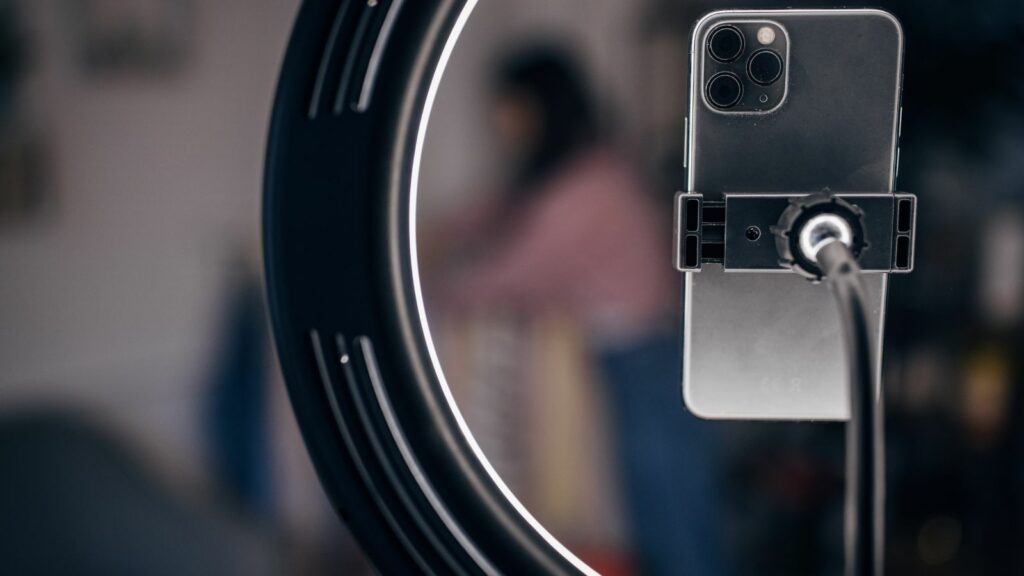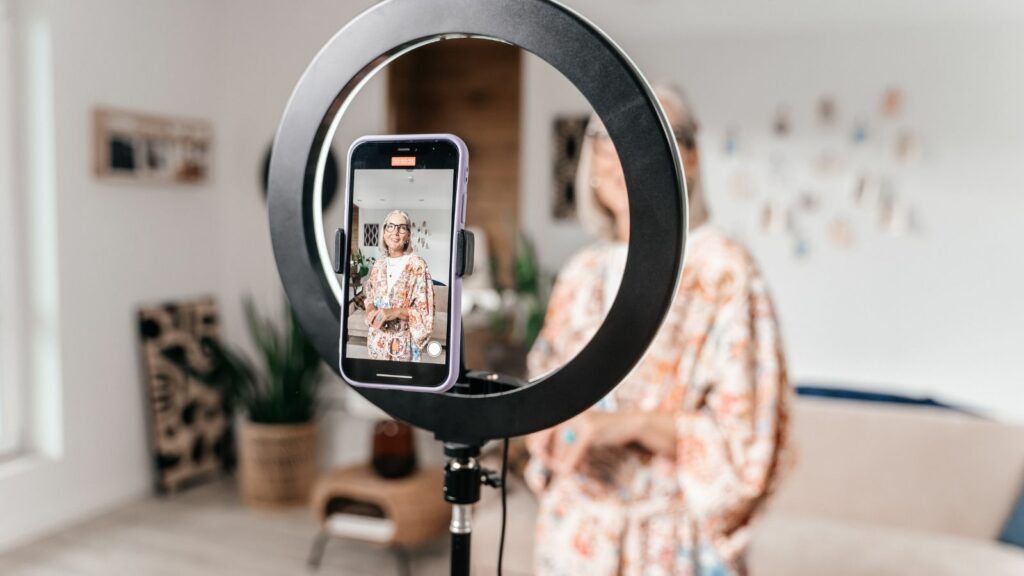In the digital age, wellness influencers have emerged as powerful voices in the health and wellness sector. They’ve become the go-to sources for millions seeking advice, inspiration, and motivation to lead healthier lives. But who are these wellness influencers, and how are they shaping the wellness landscape?
Their impact is undeniable. From fitness gurus to nutrition experts, these influencers are using their platforms to promote a lifestyle of health and wellbeing. They’re not just trendsetters, but also educators, innovators, and advocates. In the following sections, we’ll delve deeper into the world of wellness influencers, exploring their rise, their influence, and their role in modern wellness culture. Join us as we embark on this fascinating journey.
Wellness Influencers
Successful wellness influencers encompass various qualities that set them apart in the crowded digital landscape. Prominent among these are attributes such as authenticity and relatability, as well as expertise and credibility in health fields. These characteristics not only impact the influencer’s popularity, but also establish a trusting relationship with their audience.

The authenticity exhibited by wellness influencers sits at the core of their appeal. These influencers do not merely promote a product or lifestyle; they live it. This commitment showcases a genuine lifestyle, alive with workouts, healthy meals, meditation sessions and mental well-being practices. These holistic living concepts become part of their storytelling, making them relatable and allowing followers to see attainable health goals.
Let’s take a look at a prime example. Consider a wellness influencer who shares day-by-day progress of her own fitness journey, including both successes and challenges. Through sharing her experiences first-hand, the influencer offers authenticity and strengthens relatability, as followers can connect to her journey on a personal level.
The Impact of Wellness Influencers on Public Health Perceptions
In the current age of digital media, wellness influencers significantly affect public health perceptions. They stand as bridge people, guiding their followers towards a healthier lifestyle. Their influence on public health perceptions breaks down into two categories: positive influences and potential misinformation with health risks.

Wellness influencers, known for their authenticity and expertise, positively impact public health perceptions. By living the lifestyle they promote, they encourage their followers to incorporate healthier habits into their lives. They share personal stories of overcoming health challenges, which promotes a sense of empowerment among their audience. Furthermore, these influencers often partner with health organizations to spread awareness about various health issues. One notable case is influencer Massy Arias, who often collaborates with the American Heart Association, pushing heart health awareness to her 2.7 million Instagram followers.
Potential Misinformation and Health Risks
Yet, it’s critical to note that not all information shared by wellness influencers is accurate or beneficial to the public’s health. Influencers are not always health professionals and may unknowingly disseminate health misinformation. A study conducted by the University of Glasgow in 2019 found that nine out of ten British influencers with weight-loss blogs shared information that was not based on recognized health guidelines. Consequently, followers acting on such advice faced potential health risks.
Strategies for Evaluating Wellness Influencers
As wellness influencers continue to proliferate, particularly on social media platforms, it becomes increasingly essential to critically evaluate their credibility and influence. This evaluation process might involve verifying their credentials and understanding the impact of sponsored content.

Checking the credentials and backgrounds of wellness influencers serves as the fundamental stage in the evaluation process. Critics argue that, contrary to perceived notions, not all wellness influencers possess qualifications or professional experience in health or wellness fields. Hence, it remains crucial to research each influencer’s education, certifications, and professional experiences in-depth.
Furthermore, the presence of any affiliations with reputable health organizations, like the American Heart Association or World Health Organization, adds to credibility. Websites such as Health On the Net (HON) differentiate verified health information from misinformation, proving particularly useful for cross-verification of any advice shared by influencers.

